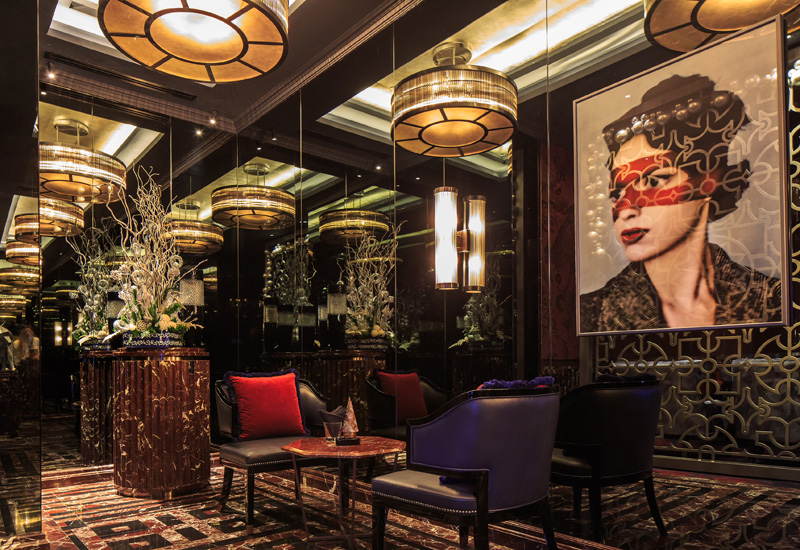“Lifestyle Hotels will offer good-quality facilities with a lower room rate, particularly targeting people in their 20s,” explains Hawkins. “These are tomorrow’s high earners, who will hopefully come back to the region in later life.”
Although many sector commentators agree that there is demand for this type of affordable hospitality project, the ‘luxury’ segment is expected to remain stable in the GCC region. Developers will endeavour to differentiate their products from other luxury hotels — from both brand-offering perspectives and by incorporating unique, high-quality family facilities within their premises.
“The trend for the luxury sector is now developed, and so the biggest innovation will be in the implementation of the latest technologies that enhance the guest experience,” notes ISG Middle East’s Trivett.
“These could include card-free room entry, free WiFi, the latest reservation systems, smart lighting and mirrors, reward scheme applications, and so on,” he continues.
But the profile of tourists journeying to the GCC — especially Dubai — is also evolving. Visitors are no longer exclusively interested in the luxury niche; the region is welcoming higher numbers of midrange customers, and even backpackers, all of whom are looking for cheaper accommodation that still offers that “wow” factor.
“This is something that Dubai should never compromise on,” emphasises Daousser Chennoufi, chairman and key architect at Draw Link Group. “It should continue to build on its reputation as one of the most progressive and extraordinary [hospitality markets] in the world. The UAE has worked hard to make Dubai International Airport a hub for global passengers. [The resultant] influx of people will create a demand for short-term, low-budget stays,” he notes.
The GCC hospitality developers that succeed in creating concepts that satisfy the requirements of this changing tourist flow are those most likely to prosper and help the region maintain its status as a popular travel destination.
As CEO of ALEC, the contractor responsible for some of the Gulf’s most renowned hotel builds, Kez Taylor is acutely aware of the need to generate high-quality but affordable hospitality developments.
“There is a greater need for high-quality, affordable, and practical hotel rooms,” he says. “Location will be key for business and leisure travellers alike, to ensure convenience around the cities. Affordability and location will be the two deciding factors.”
But it is important to remember that one cannot apply a one-size-fits-all model to GCC hospitality. In the Kingdom of Saudi Arabia, for example, religious tourism will likely account for the lion’s share of visitors for the foreseeable future. Even so, a large domestic hospitality sector has blossomed of late, with new developments aimed at the Kingdom’s ‘staycationers’.
Oman, on the other hand, is able to attract tourists owing to its natural beauty and rich cultural heritage. Qatar’s strength, meanwhile, appears to be in the development of medical and educational destinations, with supplementary conference and hotel facilities.
Article continues on next page...

| Advertisement |









 Search our database of more than 2,700 industry companies
Search our database of more than 2,700 industry companies









